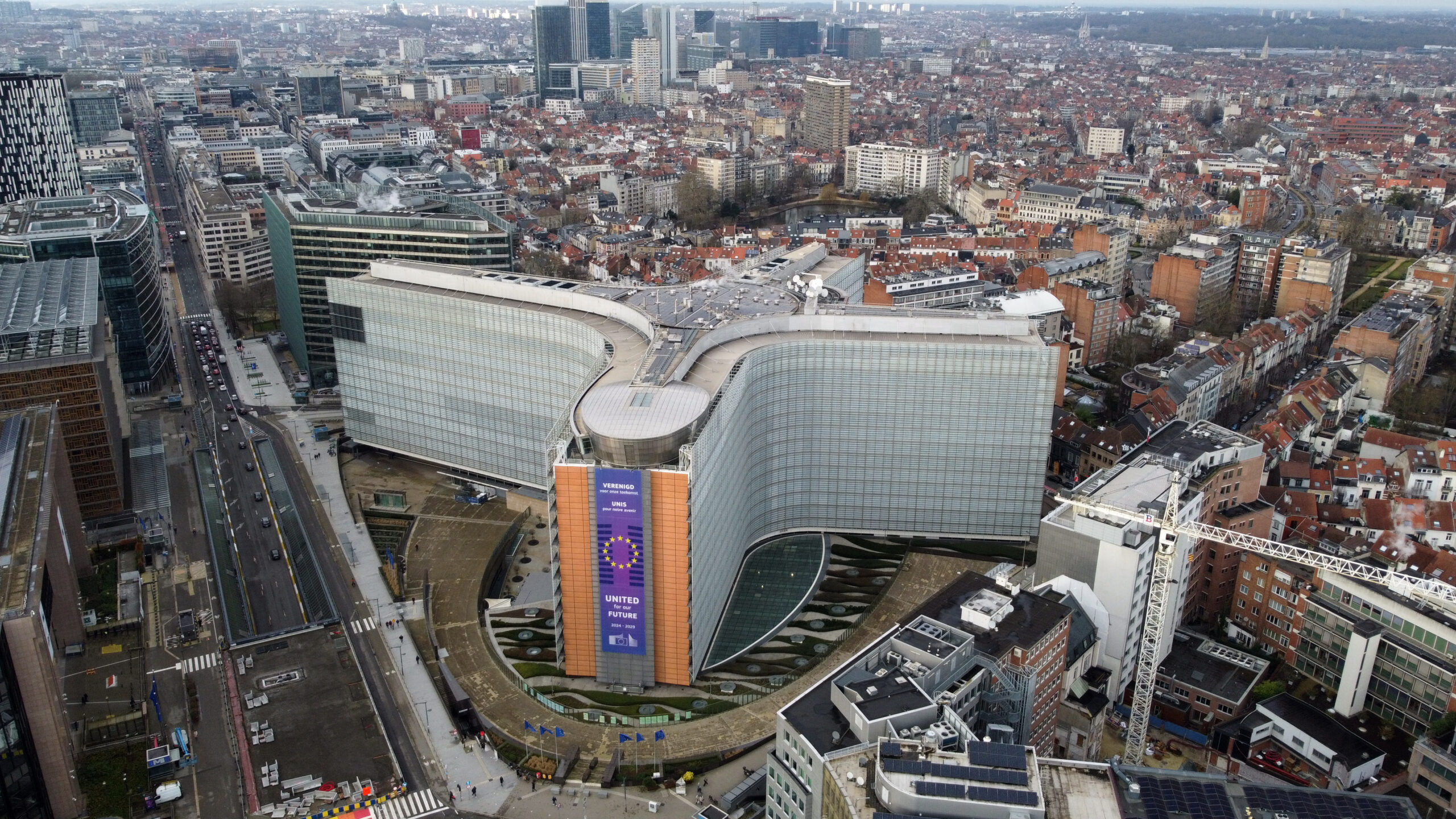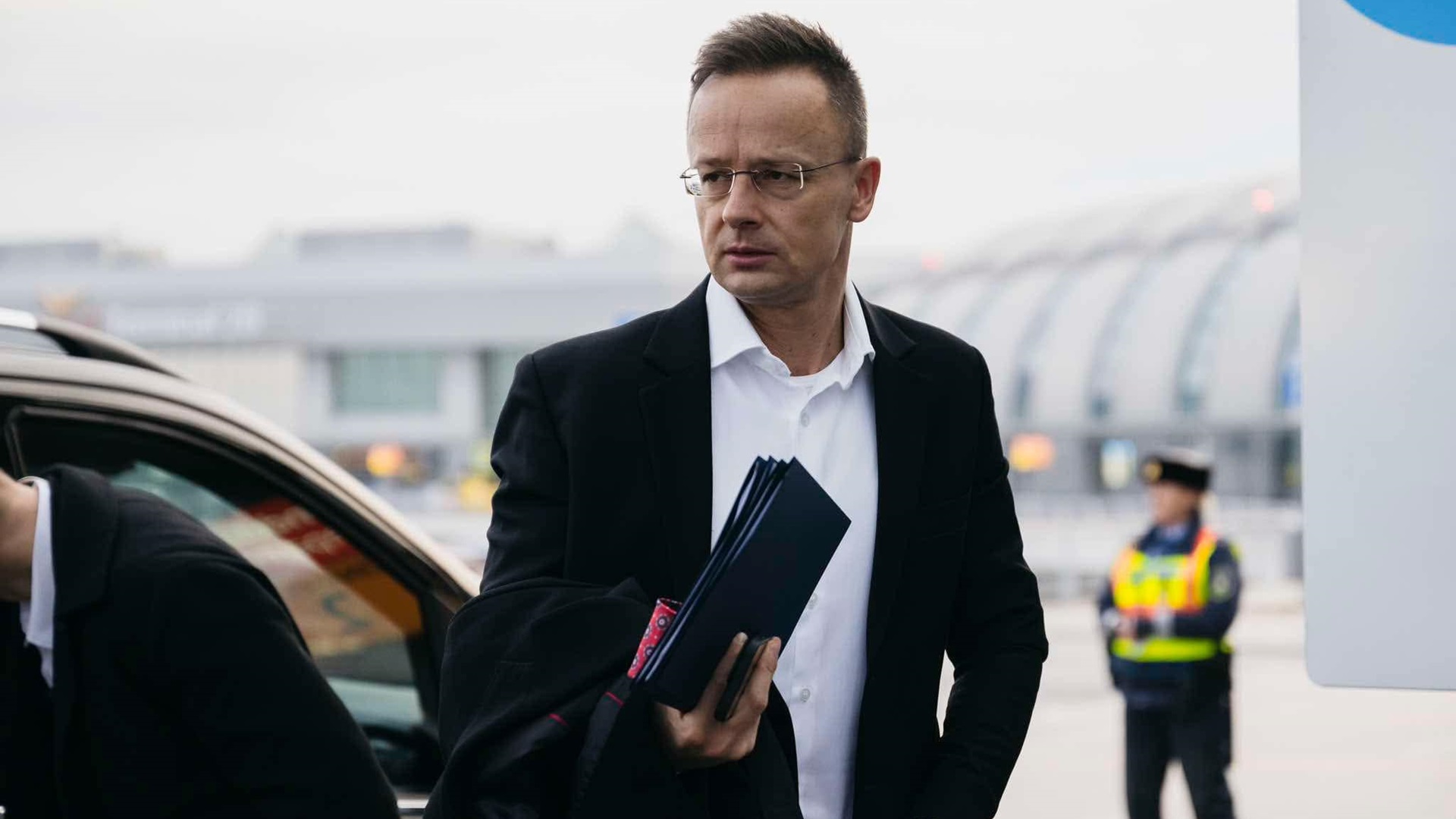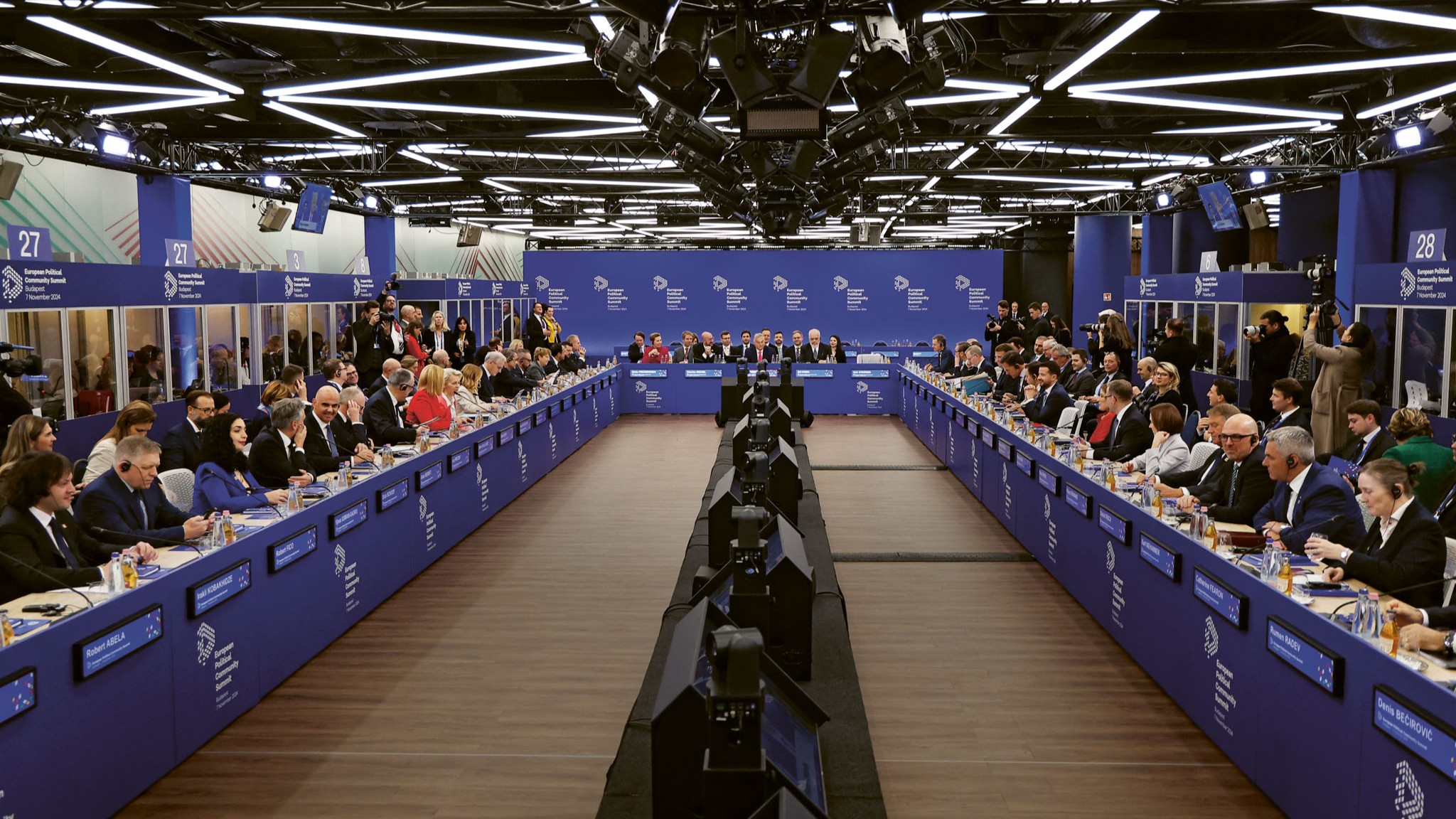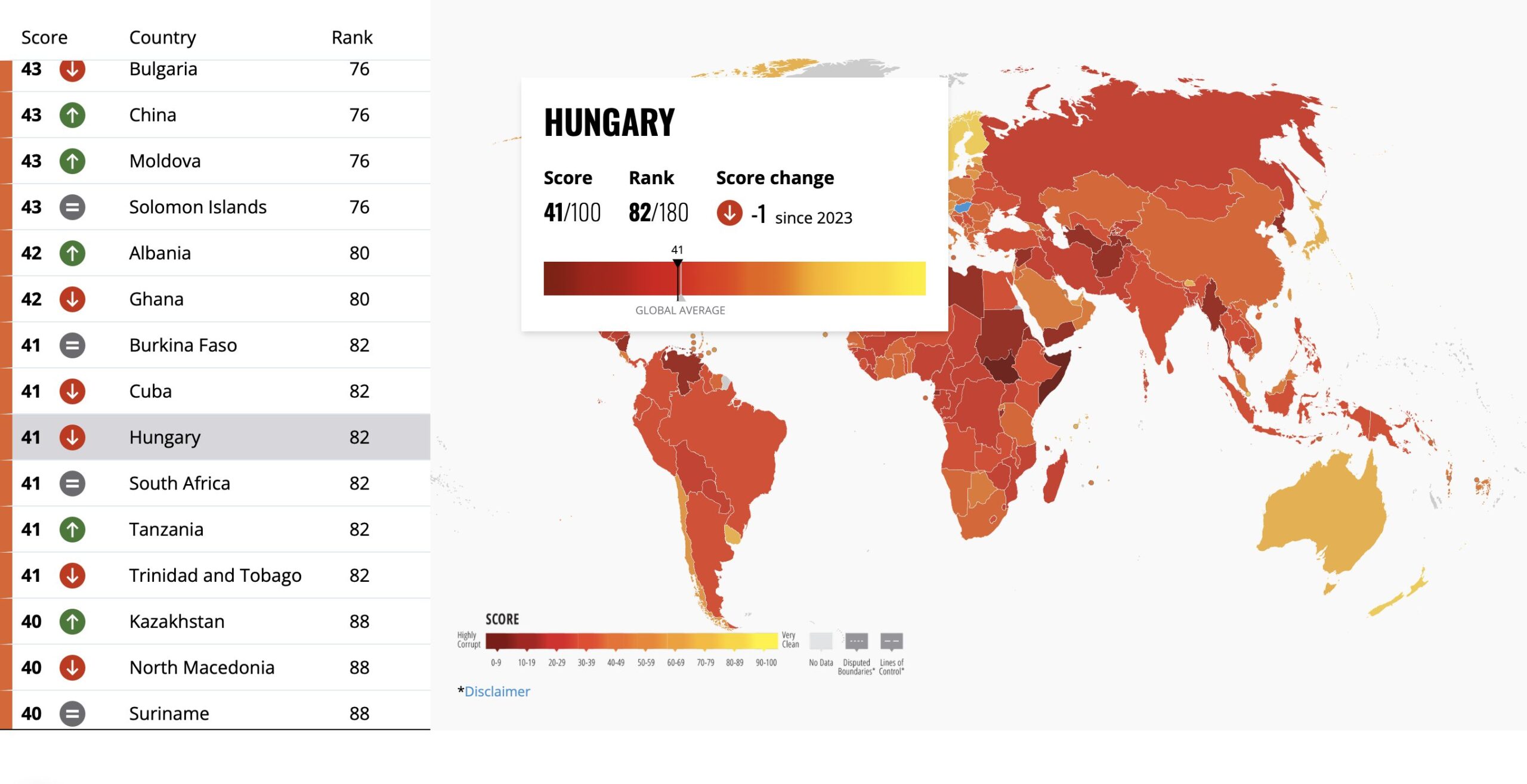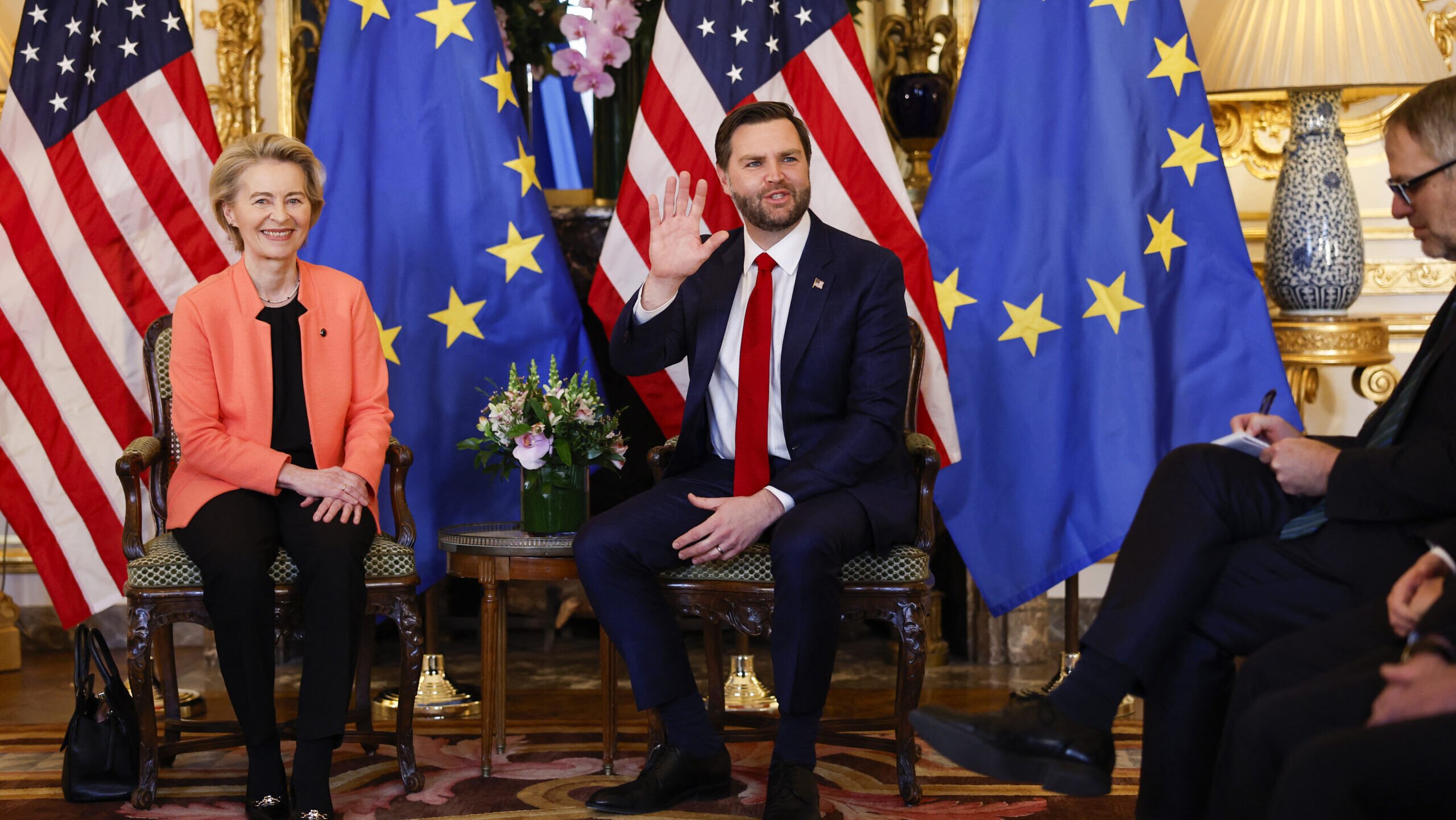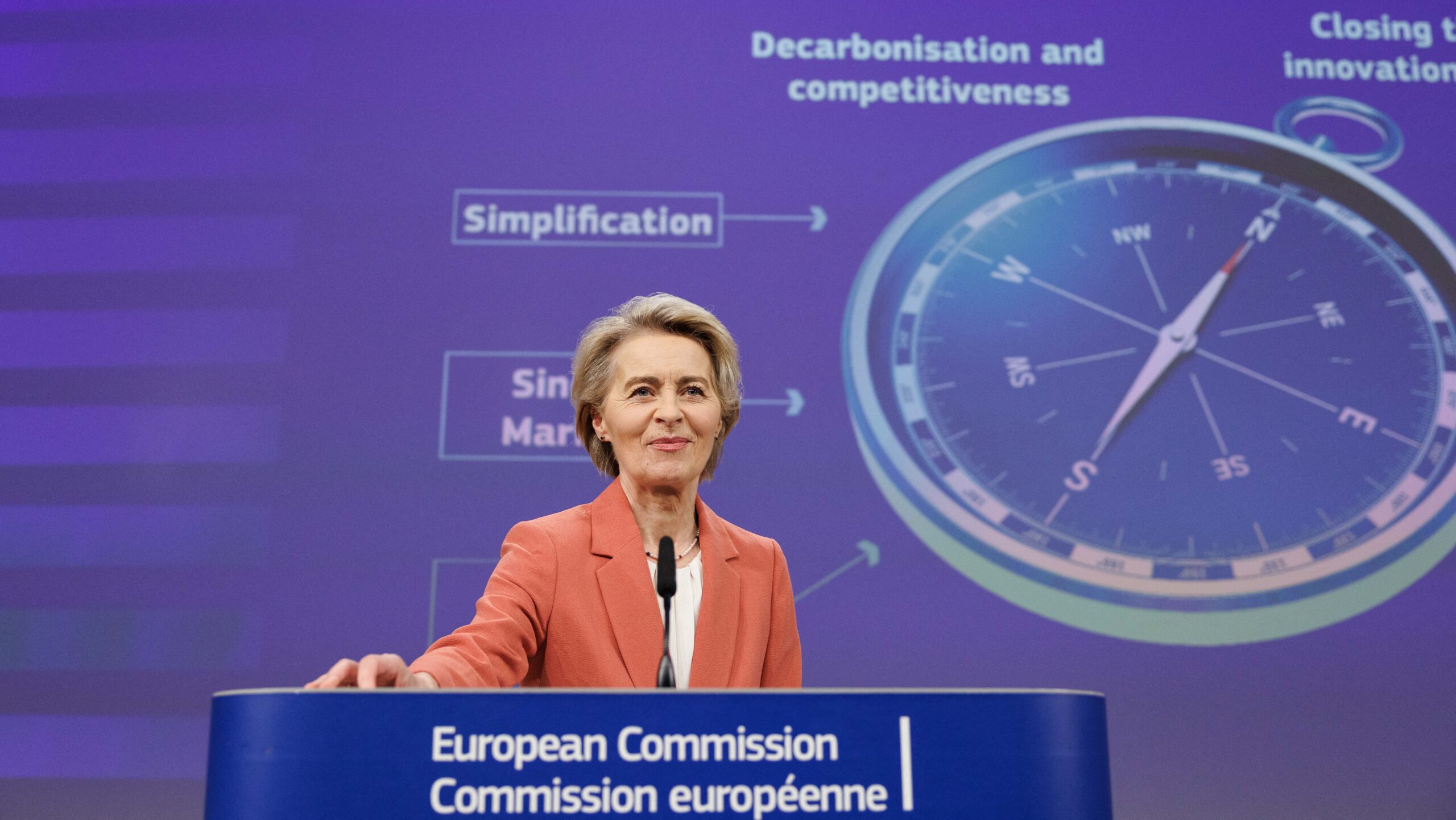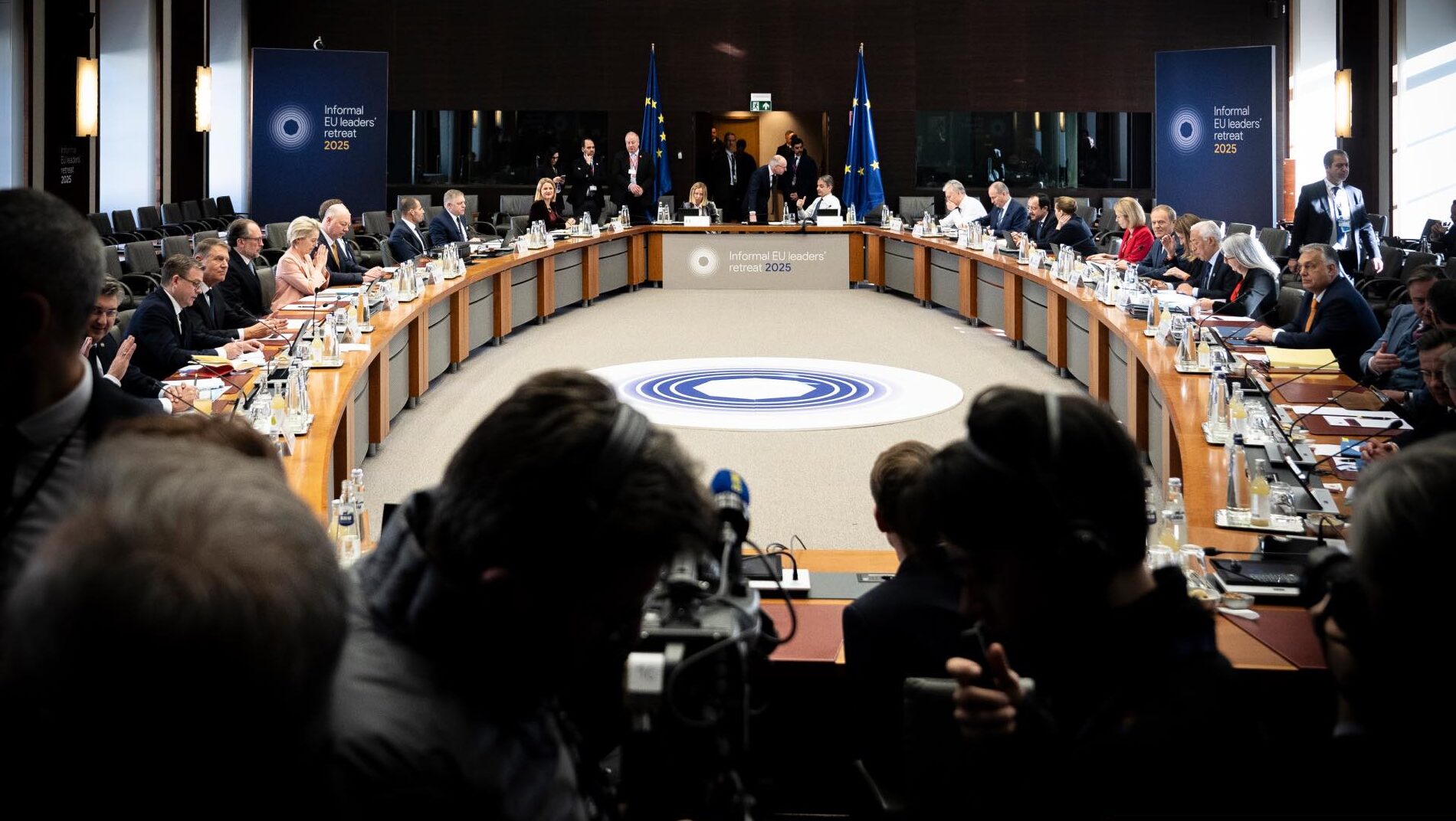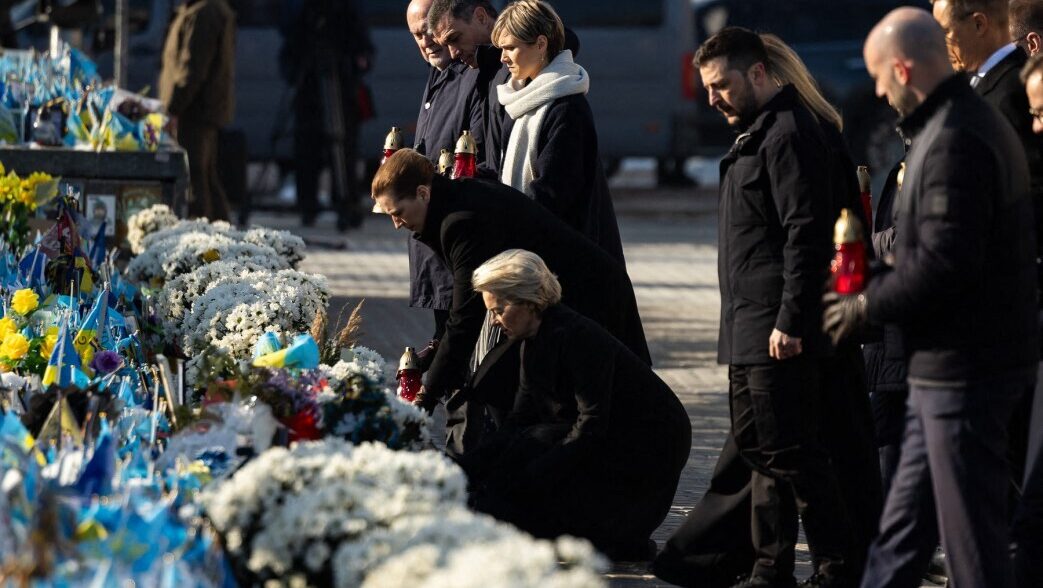
Ukraine, EU Lost in New Reality Entering the Fourth Year of War
‘As the war in Ukraine enters its fourth year, the world faces an entirely new reality. A reality where Russia and Putin are no longer portrayed as the greatest evil. A reality where diplomacy is once again regarded as the primary tool for resolving disputes between nations. A reality where the end of the conflict could be within arm’s reach. And a reality where, unfortunately, Ukraine and Europe appear increasingly irrelevant.’

